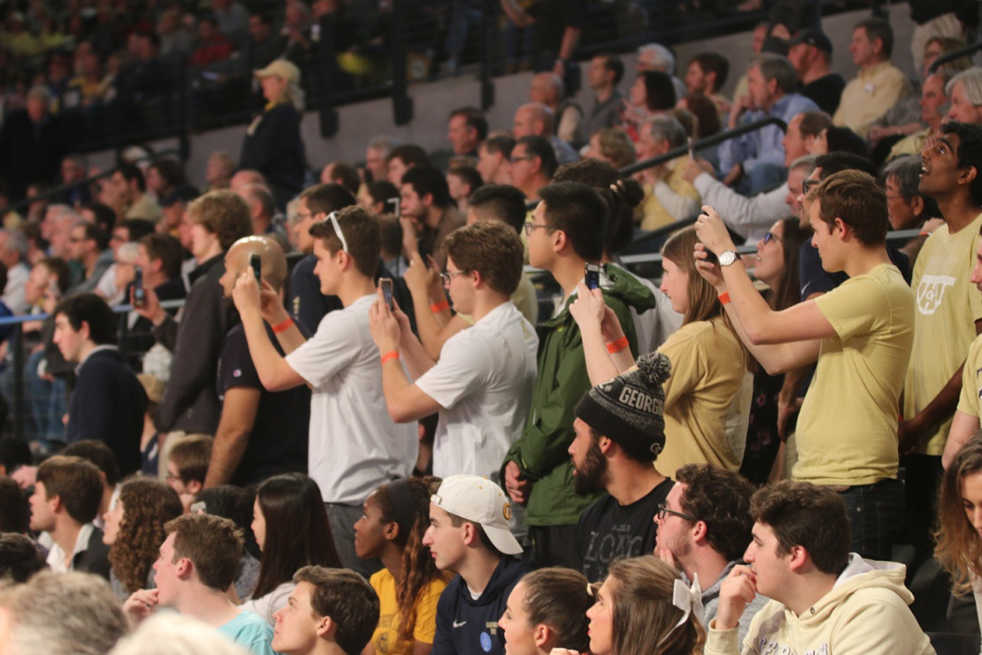I’m a different person when I’m watching sports. The intensity of the atmosphere, the heat of competition and the attractiveness of a mob mentality all lead to uncharacteristic behavior. And I know I am not alone, because I have seen the same thing happen to friends and family. On football Sundays at home, it’s not unusual to hear my mom, mild-mannered in virtually every aspect, shout, “Kill him! Beat him to the ground!” when Packers defenders (once again) let Russell Wilson slip out of their grasp and watch him streak upfield. When you are surrounded by tens of thousands of fellow fans who are sharing the experience with you, the emotions grow even stronger.
I have never seen anything wrong with yelling at, booing or otherwise verbally denigrating professional athletes, so long as the insults do not devolve into slurs or credible threats. (For those Philadelphia Eagles fans who taunted Buccaneers receiver Joe Jurevicius days after his son died, yeah, that’s way over the line, too.) The logic basically goes that if a guy is getting paid a few million dollars to put a ball through a basket or carry a ball to an end zone, fans have the prerogative to voice their displeasure with those athletes. That is not even to mention the tactical effects of booing. It is a mind game fans play with athletes. It makes some stadiums harder to play in than others.
But what if those athletes are not getting paid millions of dollars? What if they are college kids playing their sport of choice in return for a free education? Does that change the calculus? If so, what exactly makes them different? The fact that they are 18, 19 and 20-year-olds?
For a while, I have struggled to answer those questions. When Virginia Tech men’s basketball head coach Buzz Williams got on the the microphone at a home game against Duke a few weeks ago to shout, “Quit cussing!” at the student section, it brought that query back to the forefront. No, the VT fans were not yelling at players — they were instead complaining about a generous referee call for Duke’s Grayson Allen, maybe the most polarizing athlete in college sports today — but the hostility in the air was a stark reminder of what collegiate athletics are: thousands of fans spending good money to yell about a game in which the vast majority of participants are not old enough to buy a drink.
I have thought about it and I do not think collegiate athletes should be exempt from good-natured heckling and taunting. When you walk into a venue like the Big House or Cameron Indoor Stadium, that comes with its own challenge. There is a reason that some teams (hey, Tech basketball) fare significantly better at home than on the road. It is not just home cooking. It is a real, quantifiable advantage brought by a raucous atmosphere. It propels the home team when they fall behind and it demoralizes the opponent when they are facing a deficit.
Besides, yelling at players and coaches and referees is half the fun of attending college sports events. (I certainly had fun mocking Tom Crean and his Indiana team during Tech’s NIT game against them last year.)
But we should be thoughtful of what we say during games. Making fun of a basketball player because of his terrible haircut he donned five years ago that you found while Facebook stalking him? Good with me. Screaming, “YOU’RE A TRASH HUMAN BEING” at the guy who just nailed a game-winner against your team? Maybe rethink that. College is a time when many of us question ourselves. We question our life plans, our choice of major and everything in between. None of us need people yelling horrible things at us. And yes, that includes Grayson Allen.
